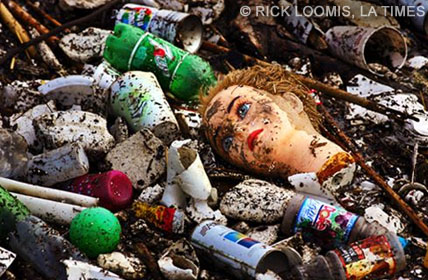 Throw away culture is one of the hallmarks of modern western civilization.
Throw away culture is one of the hallmarks of modern western civilization.
Disconnection, coupled with gross privilege, has created a society in which many people have grown to believe if something or someone isn’t instantly and perpetually gratifying, then they should be discarded in favor of finding another new, fresh, more perfect experience.
The idea that we deserve a new, more satisfying experience on demand is sold to us every day in advertisements, on the internet, and in movies and television. These messages simultaneously teach us to desire the things we do not own, and fear we are missing out on something cool or important.
As a consequence, people are becoming more like objects, to be thrown in the trash when they seemingly become broken or obsolete. Happiness grows more defined by the ease and immediacy in which we get our individual desires satisfied.
This objectification has destroyed the ancient, holistic understandings around “togetherness” and building relationships of love not just for “Me” but for “We”.
Relationships of “Me”
Relationships centered in self-interest (Me) only are great obstacles to authentic healing from both recent and historic traumas. They create the illusion of connection, but a connection that is actually rooted in shallow knowing and instant gratification. Wholeness becomes impossible because the equal value of another’s well-being within a relationship is not recognized or honored. Struggles for health and healing are obstacles to be tolerated while searching to regain the bliss of that new relationship energy or other idealized form of connection.
But consider this: for many Indigenous people who want to keep their culture and people alive, they have no choice but to work through relationships with their people that are characterized by historic trauma, poverty, and dysfunction that are natural by-products of colonial genocide.
If Indigenous people wish to heal love and create something for future generations of their people, they cannot simply bail every time a relationship gets hard. Healing from trauma – both historic and ongoing – takes profound love, commitment, and understanding. It takes time, and sometimes it gets ugly. But its real. Healing and growth can occur.
On the other hand, modern white settler society is characterized by the lack of consideration for this kind of healing and togetherness. Instead, it is defined by the presence of privilege that allows us to pick up something, then throw it away when we grow tired, bored, or it just gets “too hard”.
Authentic healing is impossible if we continue to choose these kinds of relationships. We will only perpetuate dysfunction if we choose the path of “Me”.
What Are We Creating?
Movements of decolonization requires us to look truthfully at the ways in which we create and maintain relationships. What are we creating in ourselves and others? Are we creating the space for authentic healing to occur within ourselves and within the people we love, or not?
What is the legacy of the energy we bring to relationships with our children, grand-children and other relatives? What will they learn from us, and then pass on to others? How can we teach our young ones how to authentically love,if we do not even know it or live it in ourselves?
Relationships of Togetherness
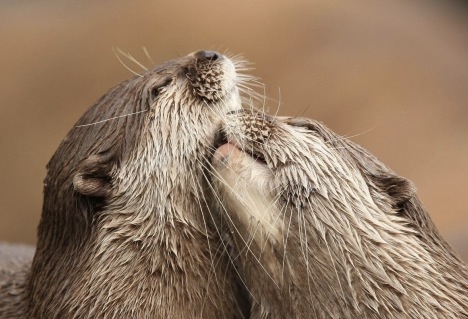 Relationships of togetherness (We) recognize we are all connected, and interconnected in life. One’s happiness, health, and wholeness is inescapably interwoven with the health and wholeness of others, including other living beings. There are no throw-away people or parts here.
Relationships of togetherness (We) recognize we are all connected, and interconnected in life. One’s happiness, health, and wholeness is inescapably interwoven with the health and wholeness of others, including other living beings. There are no throw-away people or parts here.
In a romantic relationship, this means each partner working in healthy ways to aid the healing and wholeness of the other/s. In this dysfunctional world, it also means recognizing each partner has twists and traumas that need healing through love and understanding – even when times get tough. In this way, the whole really can become stronger than the parts.
As movements of decolonization allow for people of culture to live together again in a place-based way of life, togetherness recognizes that we must all work together to grow and thrive. Everyone, and every living thing is sacred and important. Everyone has gifts to offer that benefit the whole of life. Offering each other long-term loving, healing spaces to re-know one’s self and one’s gifts may be necessary. But we can let go of the fear that kept us isolated in the past. We are not missing out, we are no longer alone.
Get the latest updates and resources...
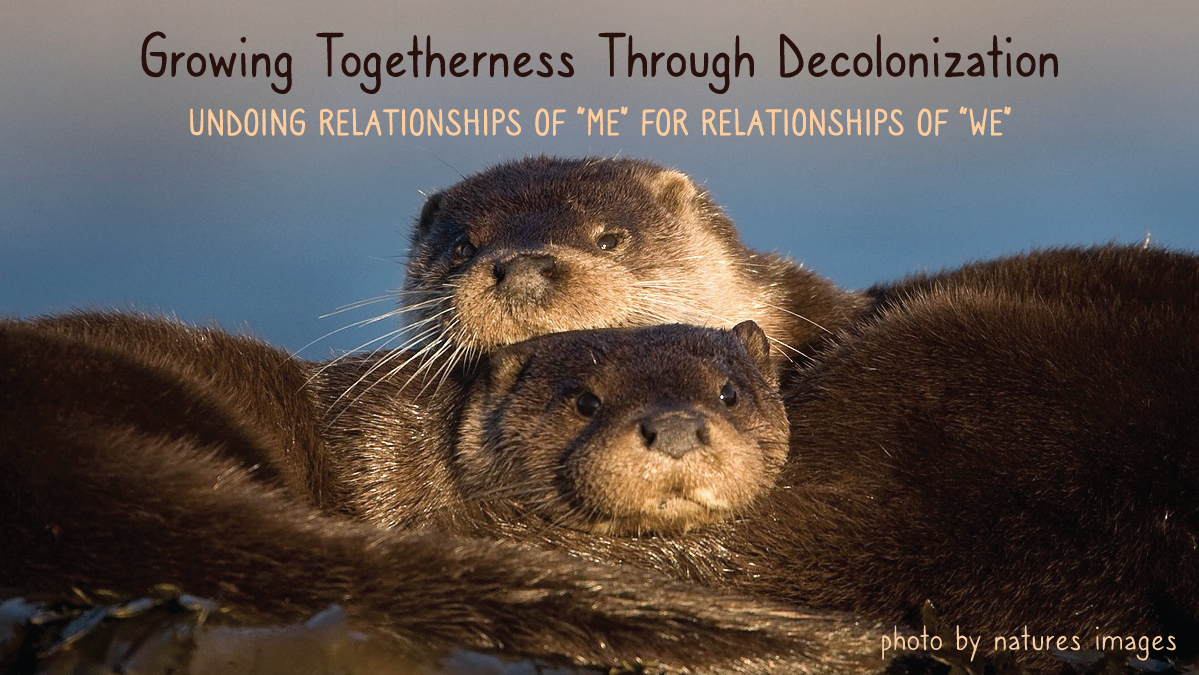
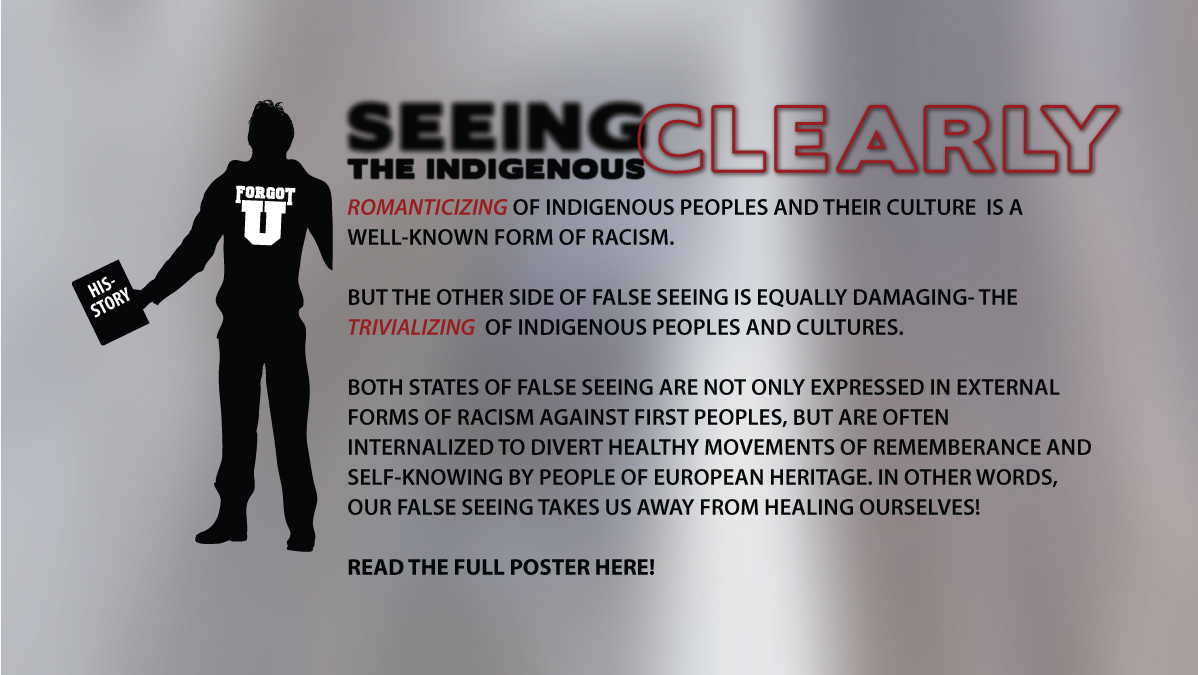
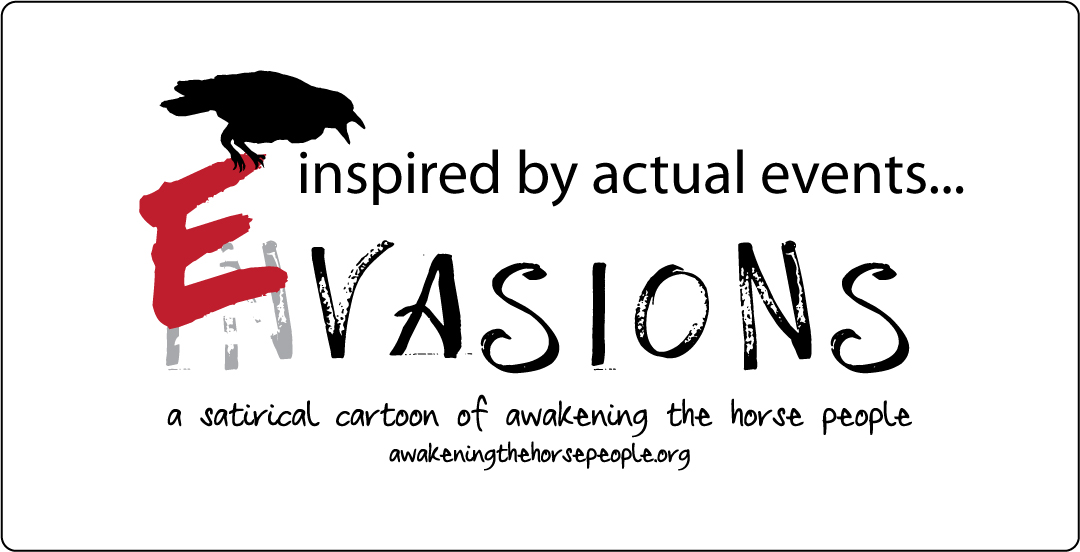
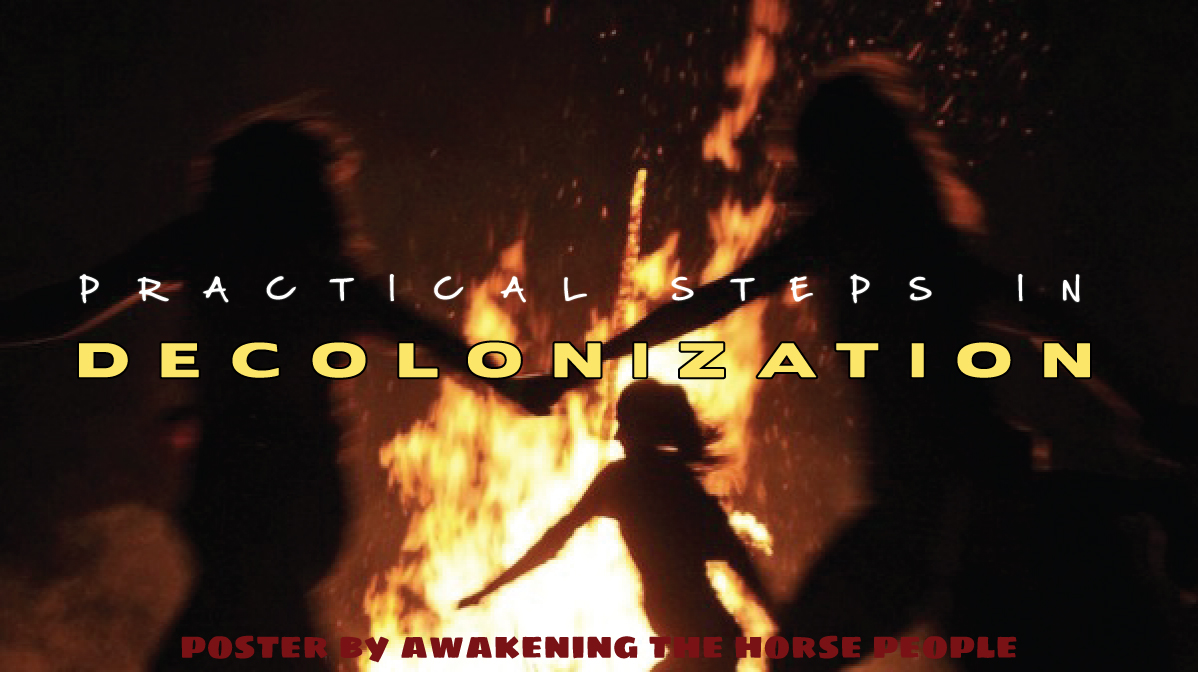
Reblogged this on Unsettling America.
My latest post relates to this one – Privilege in Activism – Ego is Not a Clan – http://www.anishinaabekwe.com/2014/02/privilege-in-activism-ego-is-not-clan.html
I love this post by the way!